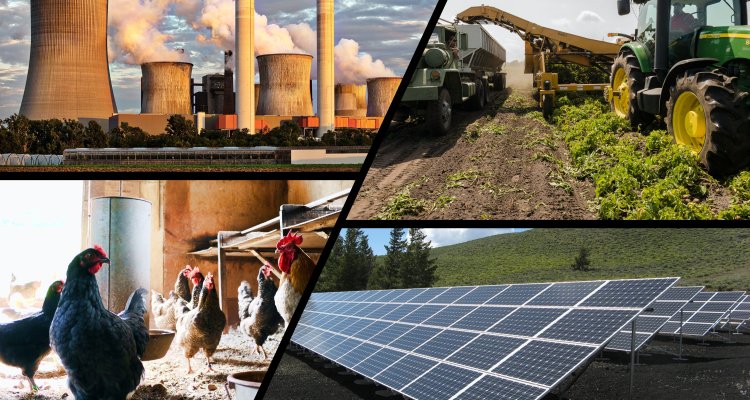
Project
Value4Farm
To comply with the EU Green Deal and reduce the carbon footprint of the agricultural sector, promotion of decentralised renewable energy production and use is seen as a reasonable solution, also encouraging rural development. In the case of farming systems, coupling the place of production and consumption of energy allows synergies between agriculture and renewable energy technologies but usually raises several challenges, such as: technologies are often too expensive and not viable at the farm level, especially for small-scale farms; farmers are sometimes facing the food vs. energy crops dilemma; there are usually difficulties in answering properly the variety of energy needs (and trans-seasonal needs) throughout Europe with regard to the local contexts. For instance, electricity, and heat for drying are the main needs for open field crops, while for livestock, the most important are feed and heat, with an additional cold need for dairy farms. Greenhouses require water, heat and CO2. All have in common the fuel need for trucks and machinery, exacerbated during the harvest. At the same time, the field crop agricultural model in Europe is largely based on monoculture, which implies the use of inputs such as mineral fertilisers and crop protection products, as well as large amount of biomass residues are produced, and often not put at its best use (or even burnt; or disposed with additional costs e.g. for manure).
The VALUE4FARM aims to answer the above by proposing three renewable-based local value chains based on biogas, and coupling sustainable food and renewable-energy production. These will be described in the following.
The overall objective of VALUE4FARM is to demonstrate the effectiveness, sustainability and replicability of three renewable-based local value chains coupling sustainable food production and renewable-energy production with the aim of contributing to the defossilisation of the agricultural sector by matching local needs in terms of electricity, heat, mobility, residual bioresources and land management. Specifically:
1: Develop sustainable agricultural protocols, compatible with renewable energy production and farmers’ specifications;
2: Propose a wide range of renewable energy production and storage technologies, meeting farmers’ residues management, electricity, heat and mobility needs;
3: Validate the sustainability and circularity of three renewable-based local value chains through demonstration;
4: Ensure the replicability and widespread use of the demonstrated overall value chains.